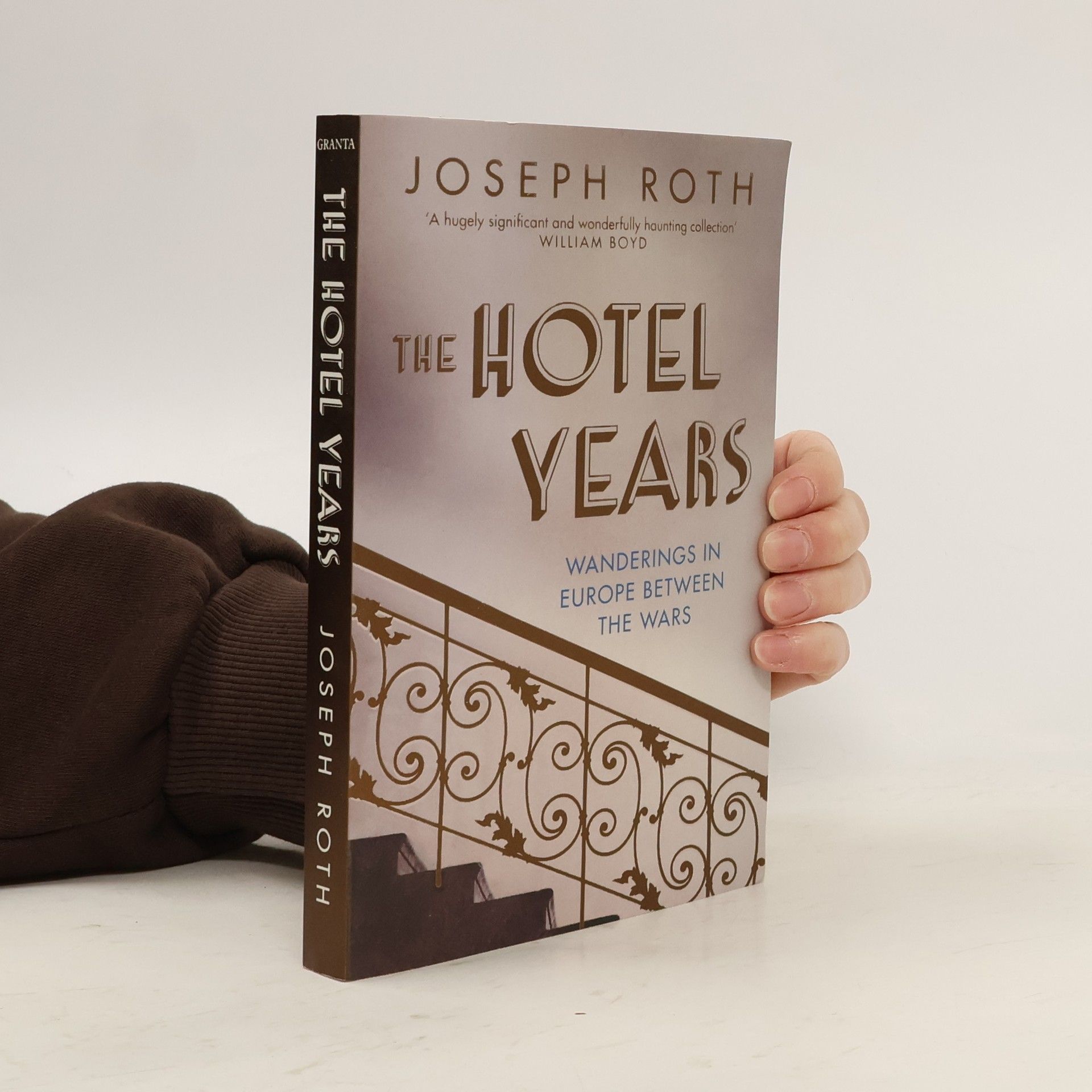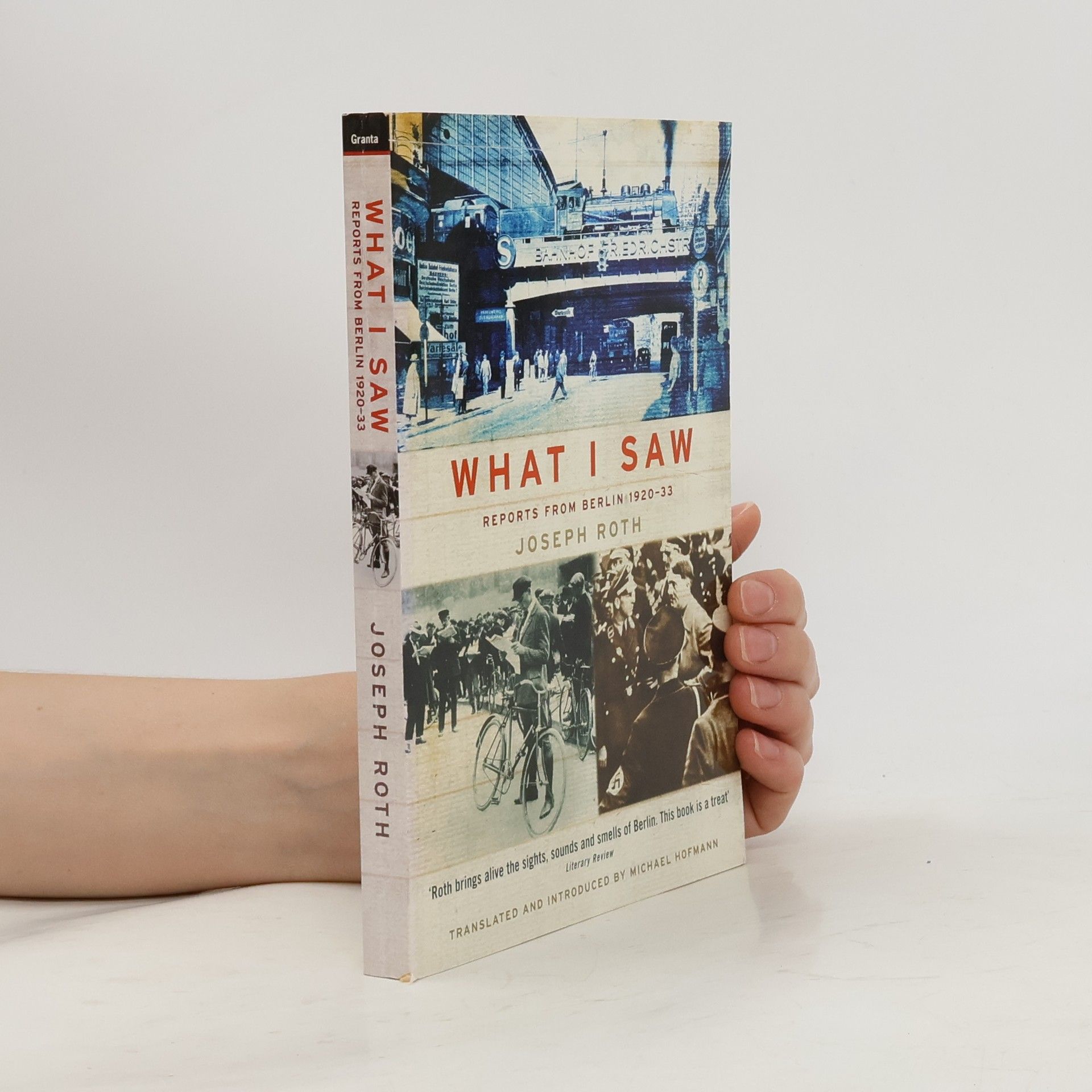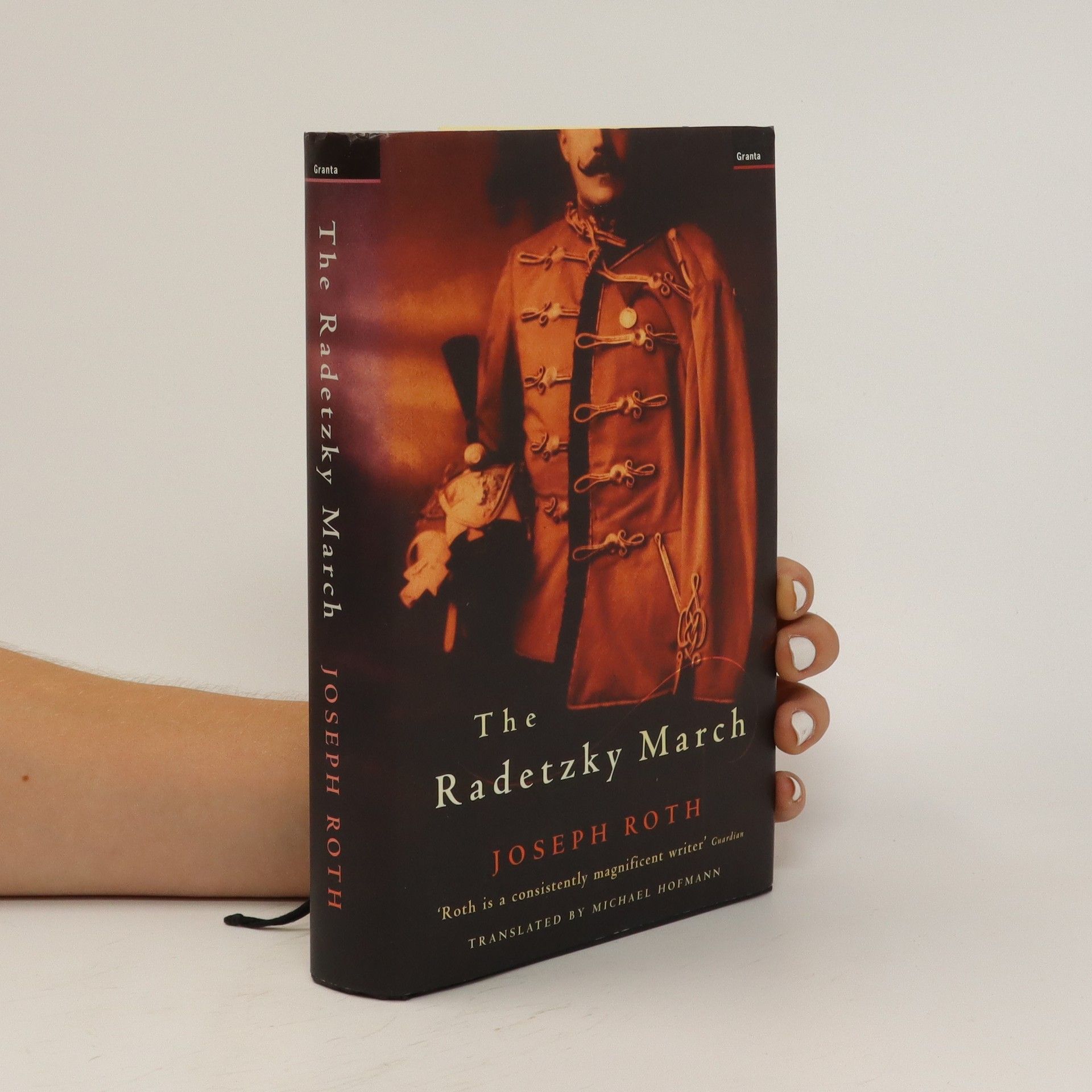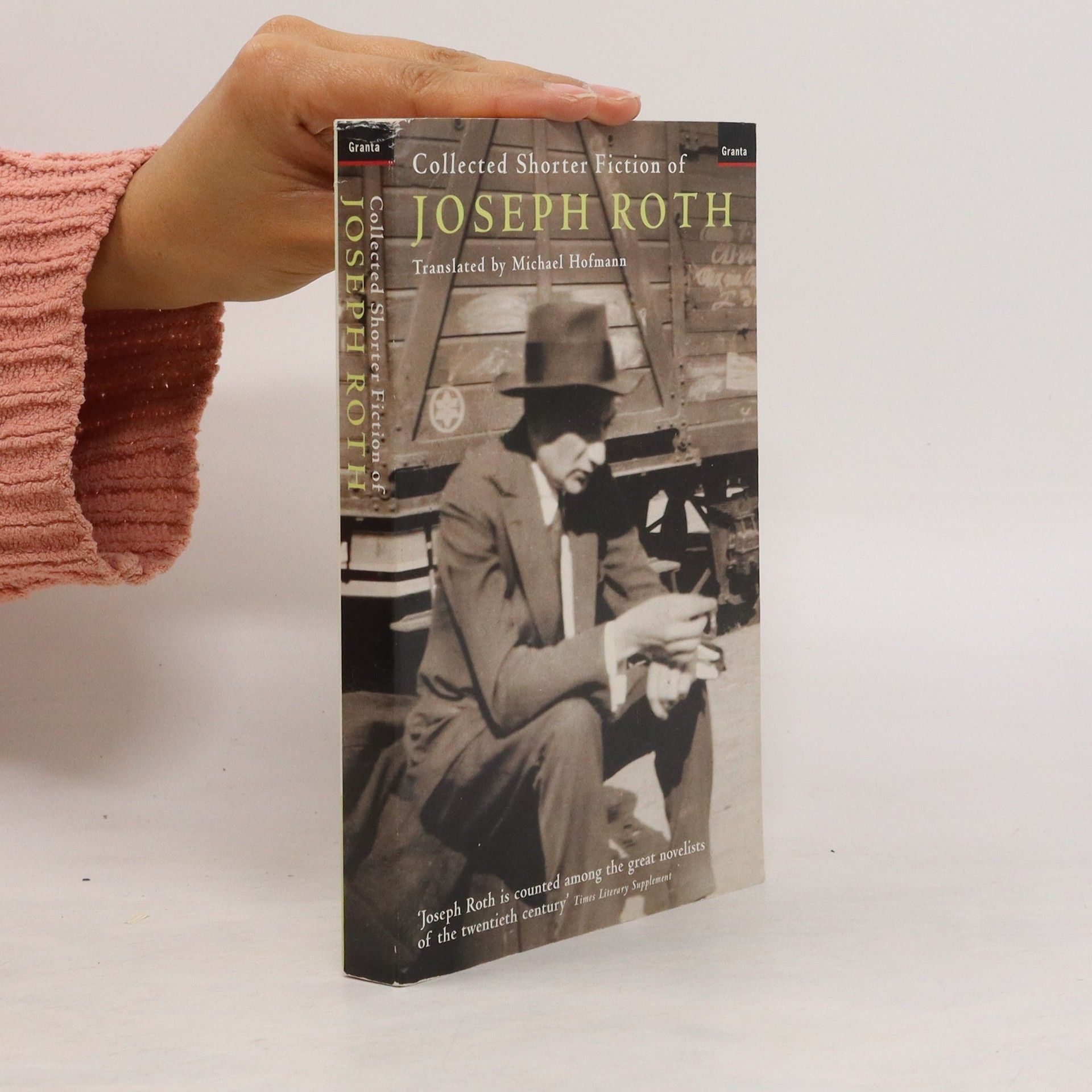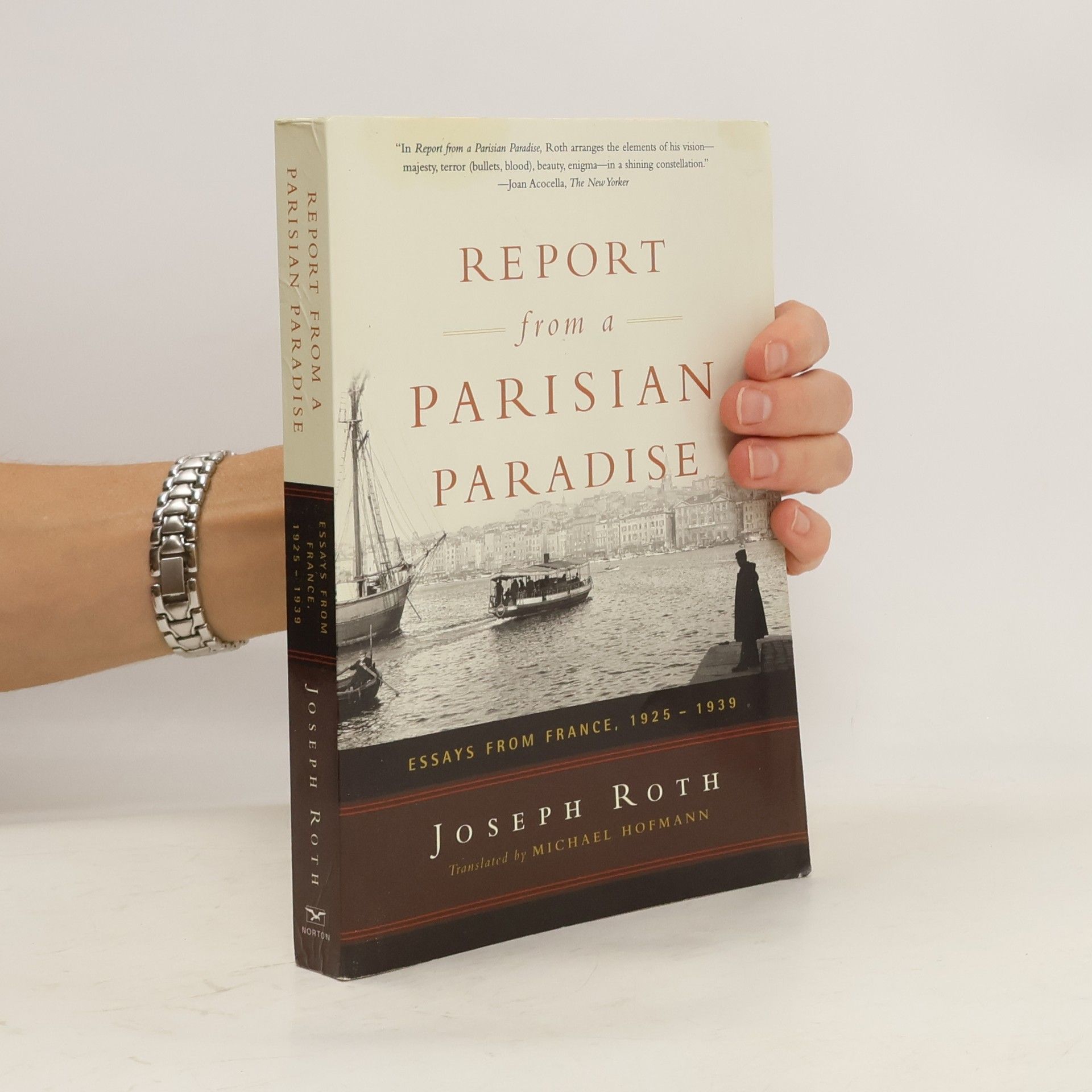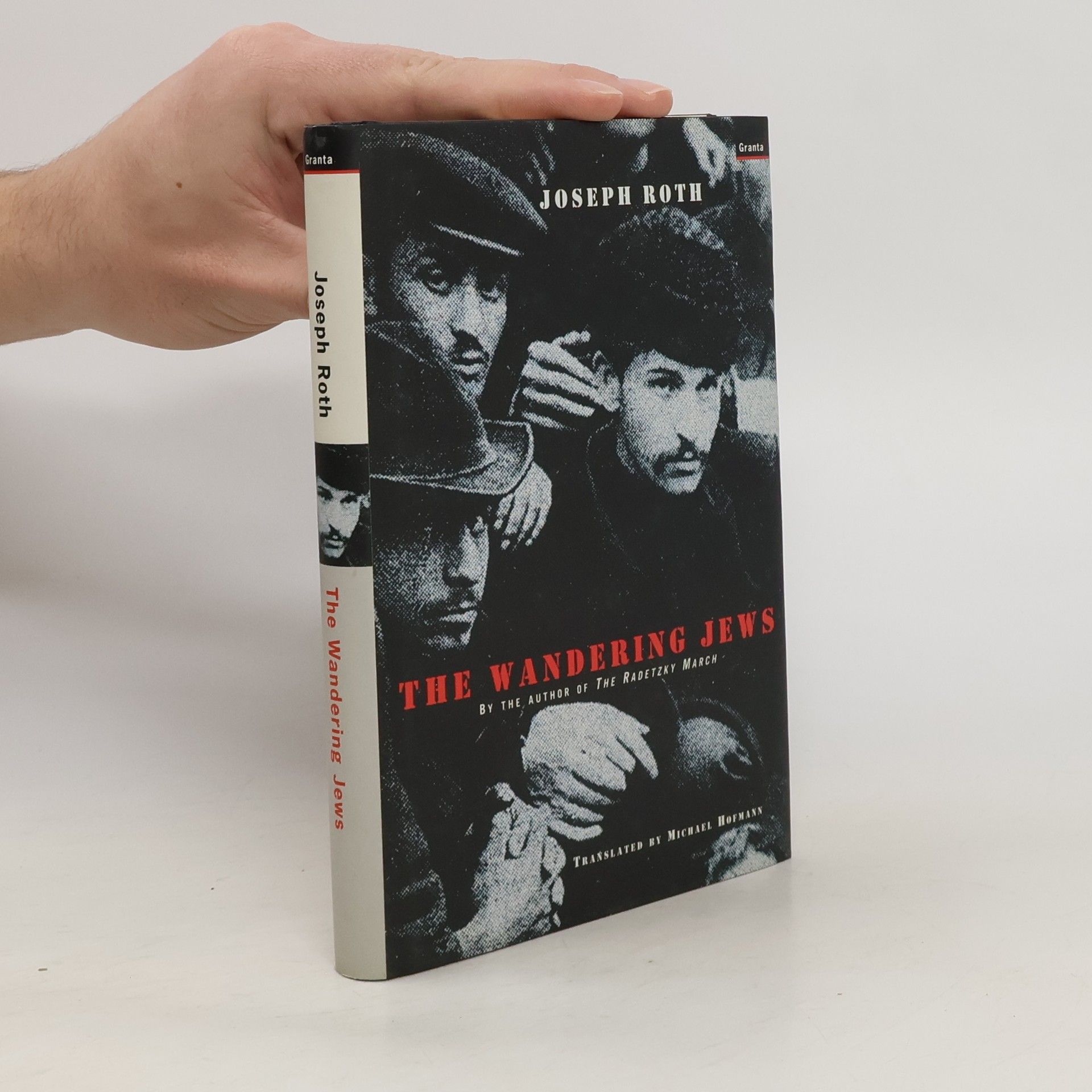LJ Veen Klassiek: Radetzkymars
- 384bladzijden
- 14 uur lezen
Radetzkymars is de geschiedenis van het verval van de Habsburgse monarchie, gezien door de ogen van de hoofdpersoon, luitenant Von Trotta. Het verhaal begint in 1859 met diens grootvader, die door een toeval het leven van de jonge keizer Franz Joseph redt, en het eindigt met de dood van de keizer in 1916. De Eerste Wereldoorlog is dan gaande en de oude wereldorde van de adellijke familie Von Trotta, steunpilaar van keizer en staat, is definitief verdwenen. Terwijl luitenant Von Trotta zijn wereld langzaam ziet vergaan, zoekt hij zijn heil in gokken, alcohol en vrouwen. Radetzkymars is een ongeëvenaard portret van een beschaving in verval.

